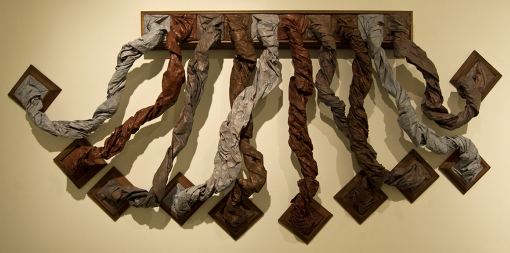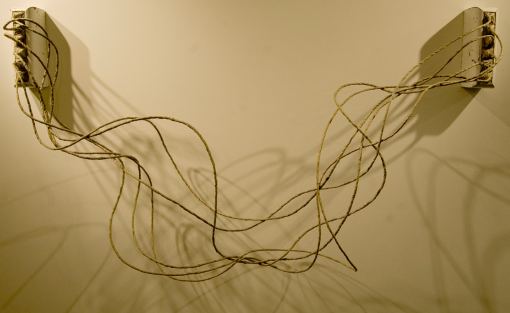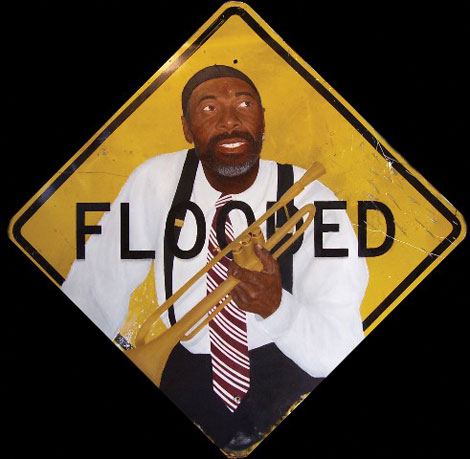Washington Post classical music critic Anne Midgette recently asked if it’s fair to give an audience something it hasn’t shown any signs of wanting:
Many of us who love music share a vague idea that audiences should be open to new things, and that they should be convinced to give them a try. But is this true? I’ve observed before that classical music, particularly opera companies and orchestras, are unusual in that they repeatedly try to force things on its audience that its audience doesn’t necessarily want. Someone who comes to the movie theater to see “Avatar” is not necessarily going to be thrilled if I show him “Pan’s Labyrinth” instead, even if I’m convinced that he would really love it if only he would watch it. And yet this is what’s going on in classical music, all the time: audiences are being asked to pay lots of money in order to be taken out of their comfort zone.
(more)
I thought of Midgette while looking at Isabelle
Pauwels‘ exhibit at the Henry Gallery titled, Incredibly, unbelievably/The complete ordered field. There is so little pleasure to be had from its stuttering films, dry photographs and fragmentary collages, the idea must be that viewing them is good for the audience.
 I also thought of David Pagel’s review of Diana Thater in the L.A. Times:
I also thought of David Pagel’s review of Diana Thater in the L.A. Times:
Making a movie about movie magic is not the same as
making some of that magic. At the Santa Monica Museum of Art, “Diana
Thater: Between Science and Magic” goes so far out of its way to
extinguish the magic that you can’t help but wonder why movie magic was
brought up in the first place.The answer is that Thater’s brand of art is opposed to all forms of
entertainment, which it sets itself apart from. (more)
I don’t think the review is one of Pagel’s best. Instead of being specific to Thater’s work, it’s a generalized complaint about art that appears to disdain anything that could be called entertainment. At Pauwels’ show, however, I could see Pagel’s point. Pauwels is Exhibit A in audience neglect. The onus is on the viewer to prove worthy of the artist’s ragtag moments.
Should pleasing an audience be an artist’s responsibility? Artists who worry about how their studio work will strike others don’t get anything done. They repeat their greatest hits, if they have any. They temporize and shilly-shally. They lose their nerve and doubt their understanding of their own visual thread.
On the other hand, Pagel’s problem with Thater and mine with Pauwels is the suspicion that the artist has confused the didactic with the challenging.
And yet, there is something there. I’m going to take a fresh look with none of the above on my mind. After that, review will follow.



 The rest keep a record of their tears.
The rest keep a record of their tears.
 His reaction?
His reaction?

 Trajectory
Trajectory Lytle graduated from Cornish in 2009. He’s off to a good start.
Lytle graduated from Cornish in 2009. He’s off to a good start. 
 On my recent road trip I got inspired by a huge FRESH CHERRIES sign in
On my recent road trip I got inspired by a huge FRESH CHERRIES sign in This is what happens when you take your house for a walk.
This is what happens when you take your house for a walk. Open House : Nepo (A HUMOROUS APPROACH TO THE SERIOUS ART OF LIVING)
Open House : Nepo (A HUMOROUS APPROACH TO THE SERIOUS ART OF LIVING)



 More
More 
